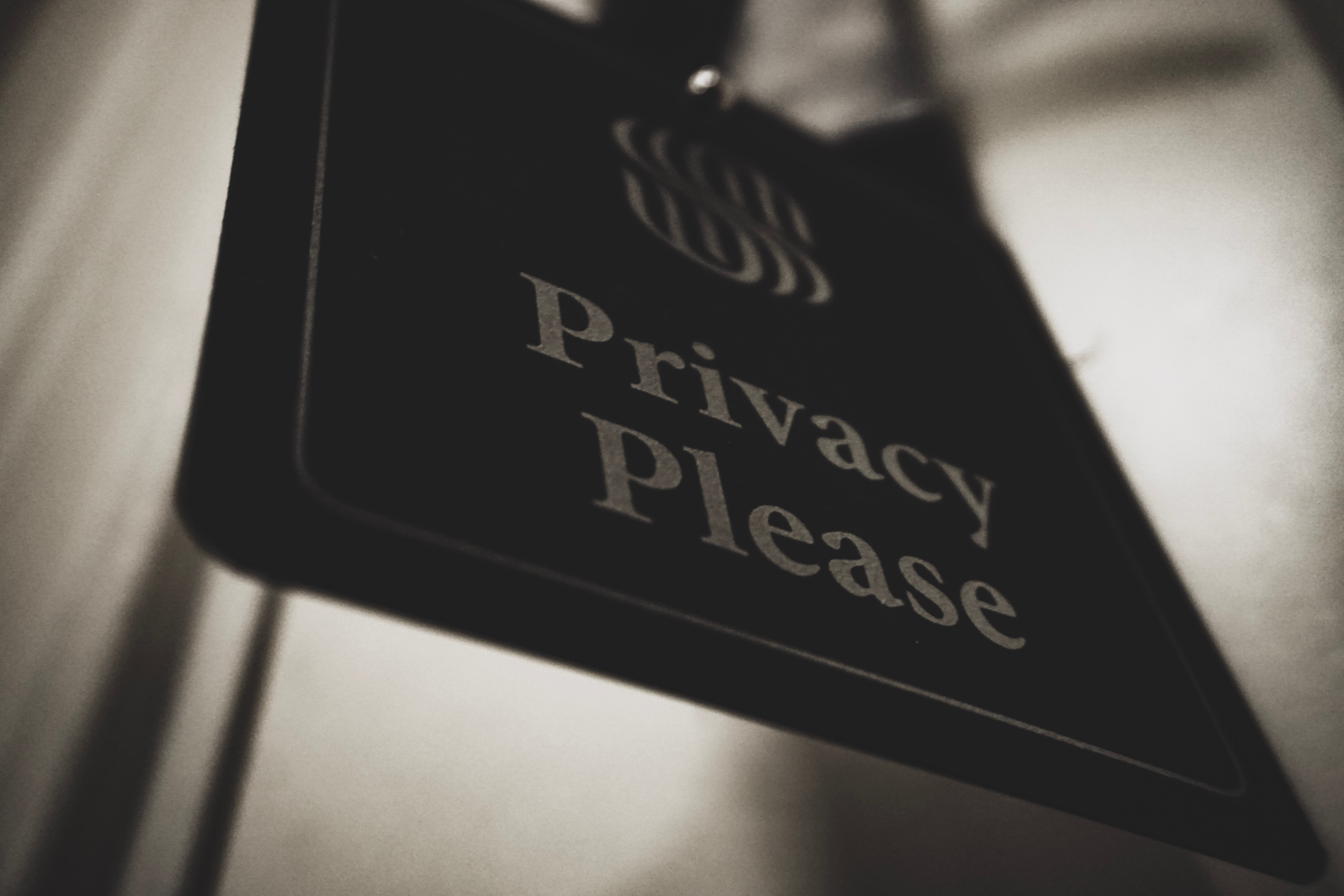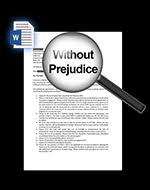Section 118 involves a radical reform of the law of hearsay evidence, which has previously been one of the most complex and confused areas of the law of evidence,,,,”[1] “[2]From the analysis that has been done above, it is clear to me that the rules on hearsay evidence are still a troublesome area of the...
Category: Evidence
When What Matters Not, Matter! – A Review of the Law on Privacy and Admissibility of Evidence Secretly and Unlawfully Obtained, In Civil Proceedings, Vis-à-Vis Article 18(2) of the 1992 Constitution of Ghana
“It matters not how you get it, if you steal it even, it would be admissible in evidence” Crompton J in R v Leatham (1861) 8 Cox CC 498. Introduction The secret tape of Chief Bugri Naabu,[1] (‘the IGP Konkonsa tape’) with some senior police officers in the Ghana Police Service, relative to the Inspector...
The Uniqueness Of Jurat Required For Illiterate Testators
I just couldn’t ‘think far’, as “Lil win”, the Kumawood movie actor might have put it. Which world are we in? Is that society’s sense of true justice? What crime did I commit to deserve such an unfair judgment? Do I curse my parents for the deficiency in my education or blame the custodians of...
Right to Privacy in Criminal Matters
The right to privacy is a fundamental human right. Article 18, clause 2 of the 1992 Constitution provides that: “No person shall be subjected to interference with the privacy of his home, property, correspondence or communication except with law and as may be necessary in a free and democratic society for public safety or for...
Can A Poisonous Tree Bear Good Fruit in Ghana?
The attitude the Ghanaian courts should adopt towards illegally obtained evidence is a recurrent debate within Ghanaian political and legal circles. This is an important debate since improperly or Illegally obtained evidence usually occasions a breach of a natural or juristic person’s rights. Improperly obtained evidence may be described as evidence that is obtained in...
What is Entrapment?
Now that the dust is almost settling on the latest work of investigative journalist Anas Aremeyaw Anas, it is probably time to examine one of the main charges levelled against him. Entrapment. According to his critics, he leads unsuspecting persons on into committing offences they would otherwise not have committed. The big question therefore is...
Investigative Journalism: The Tension Between Privacy and the Public’s Interest
Investigative journalism assists the traditional media in rooting out corruption and dealing with crimes and abuse of public trust and confidence. As Lord Nichols pointed out in Reynolds v Times Newspaper[1], “it is through the mass media that most people today obtain their information on political matters…In this regard it should be kept in mind...
Admissibility of Electronic Evidence in Ghanaian Practice
“While some look to the internet as an innovative vehicle for communication, the Court continues to warily and wearily view it largely as one large catalyst for rumour, innuendo and misinformation.”[1] This statement, made by a Texas court in 1999 is unlikely to be taken seriously by any lawyer or court in the year 2018....
What You Need to Know About “Without Prejudice” Letters
Without Prejudice. This is a label found in letters between two lawyers who are attempting to settle a claim and yet do not wish to have any admission or concession they make in the settlement process used against them later on. The idea behind “without prejudice” letters is that it is considered as a matter...










